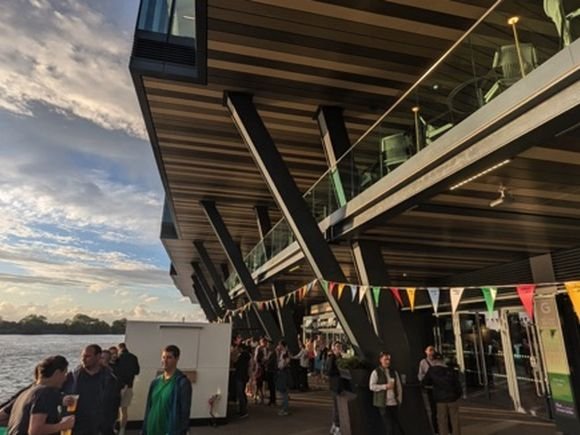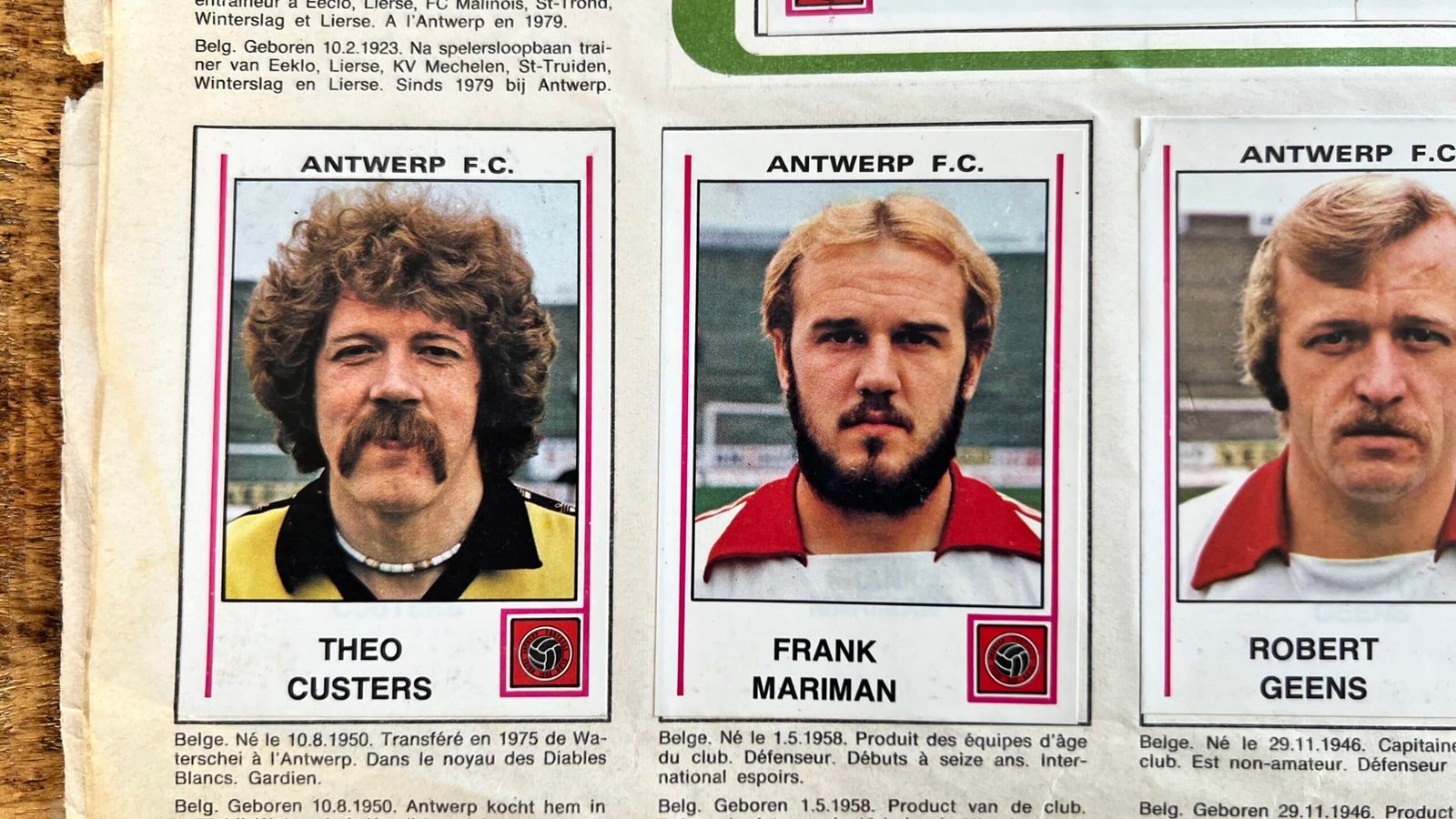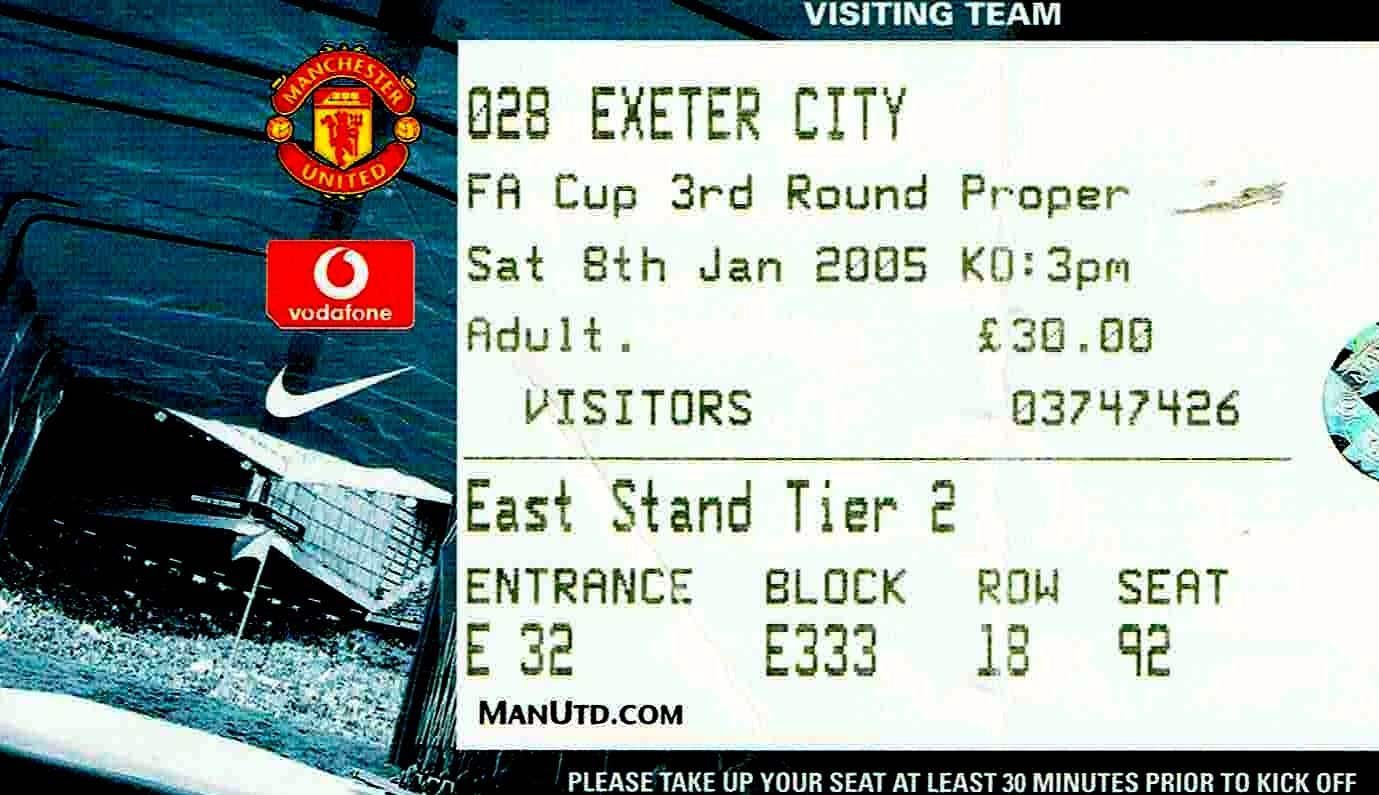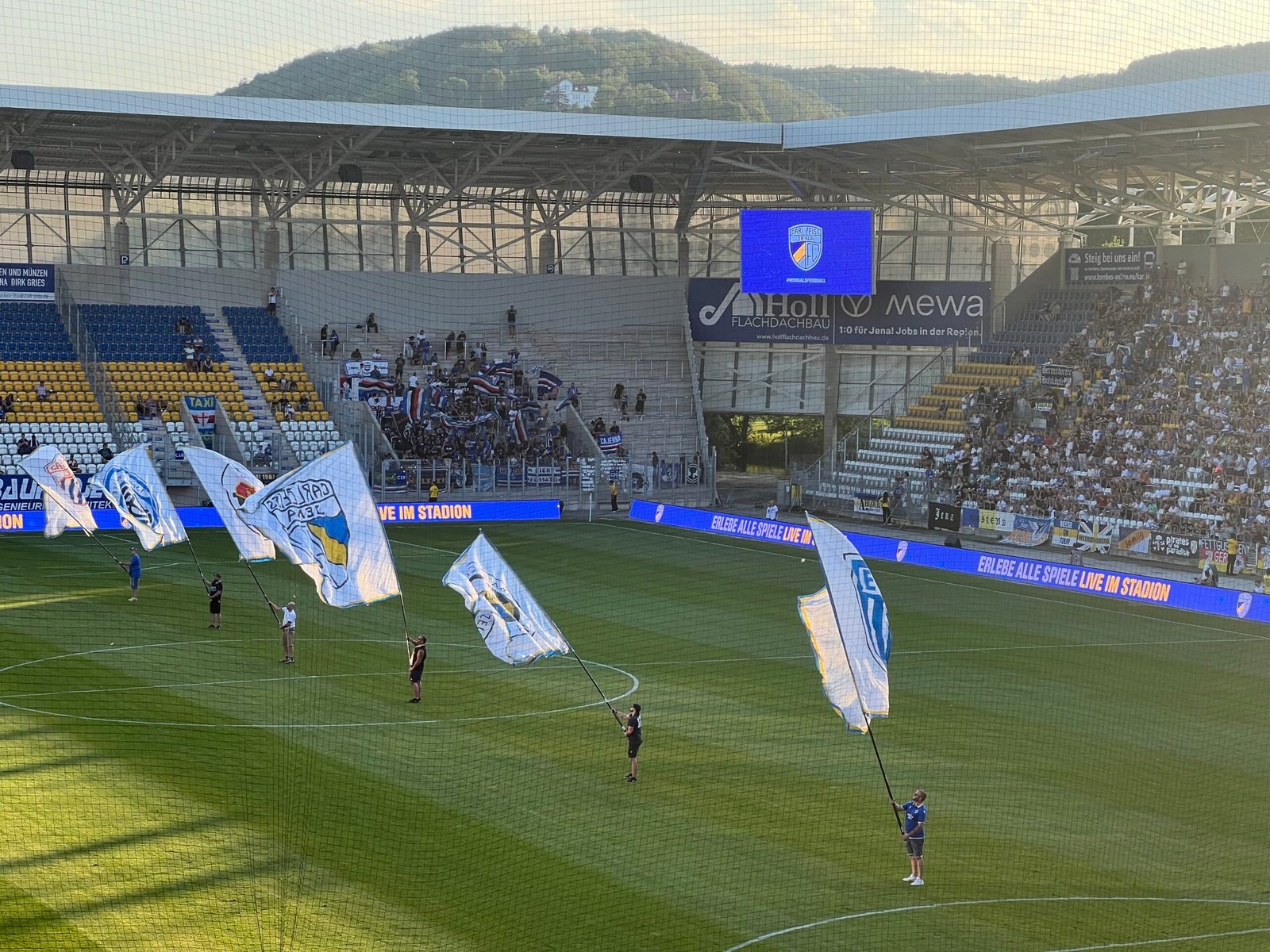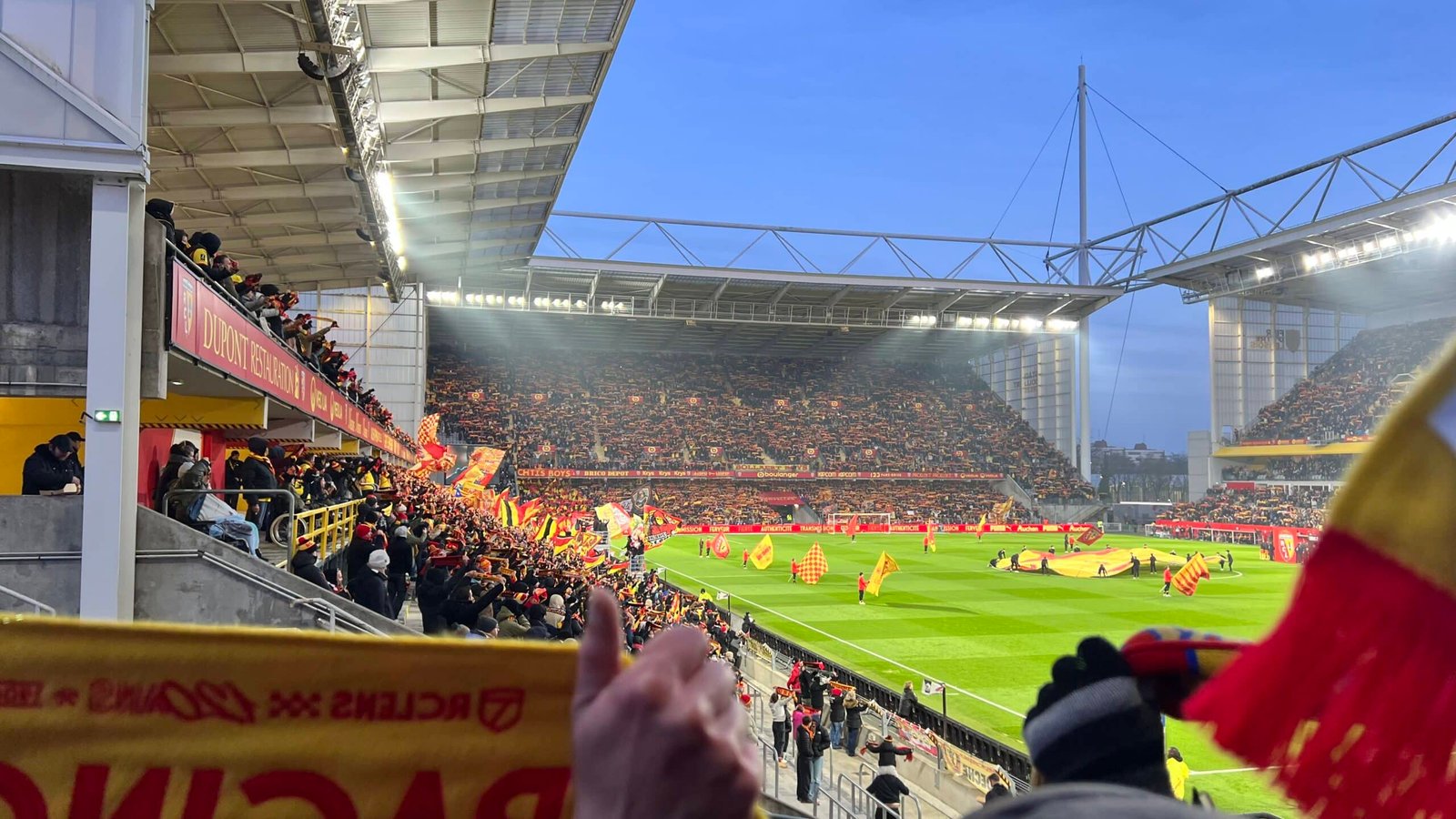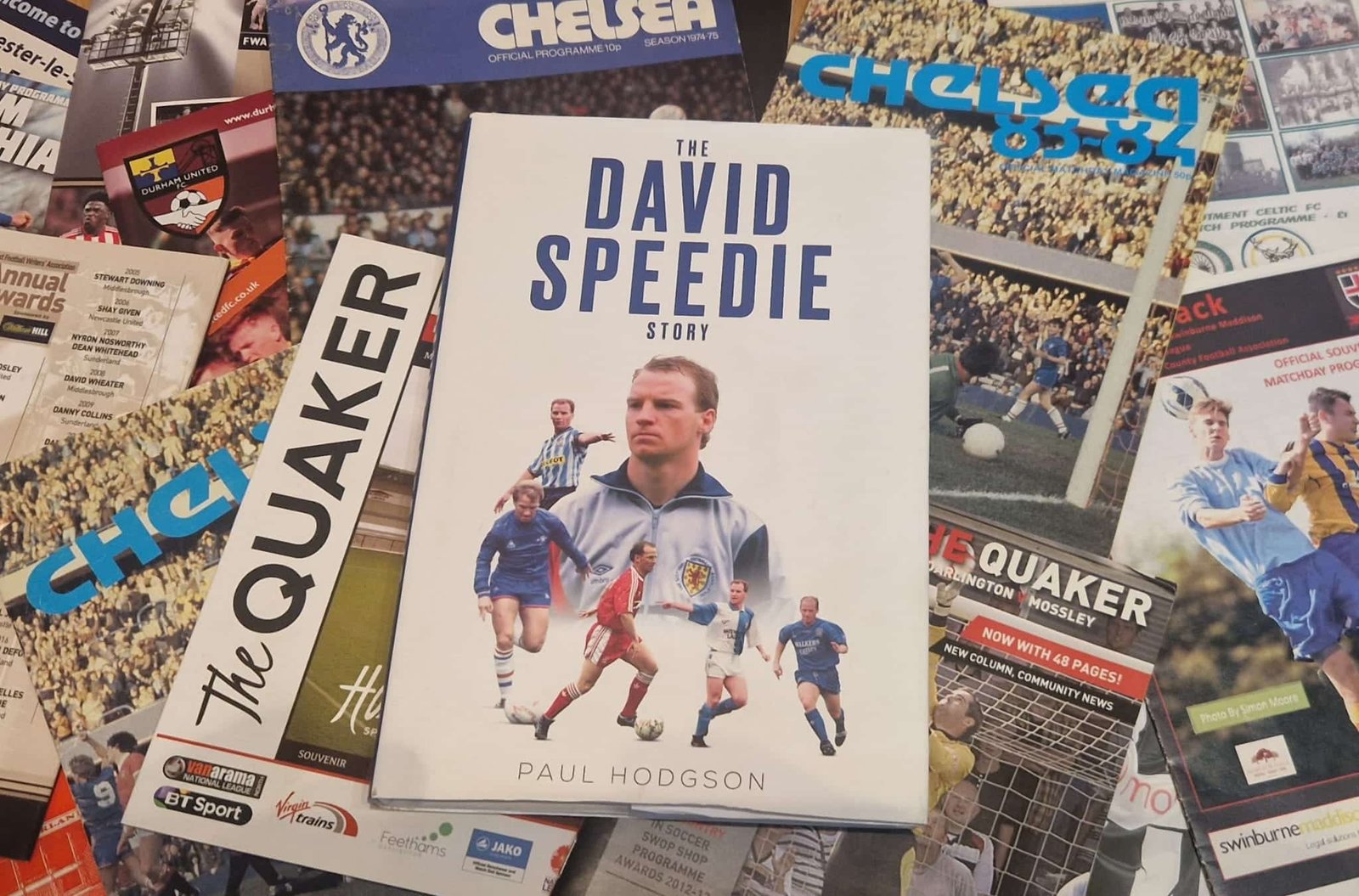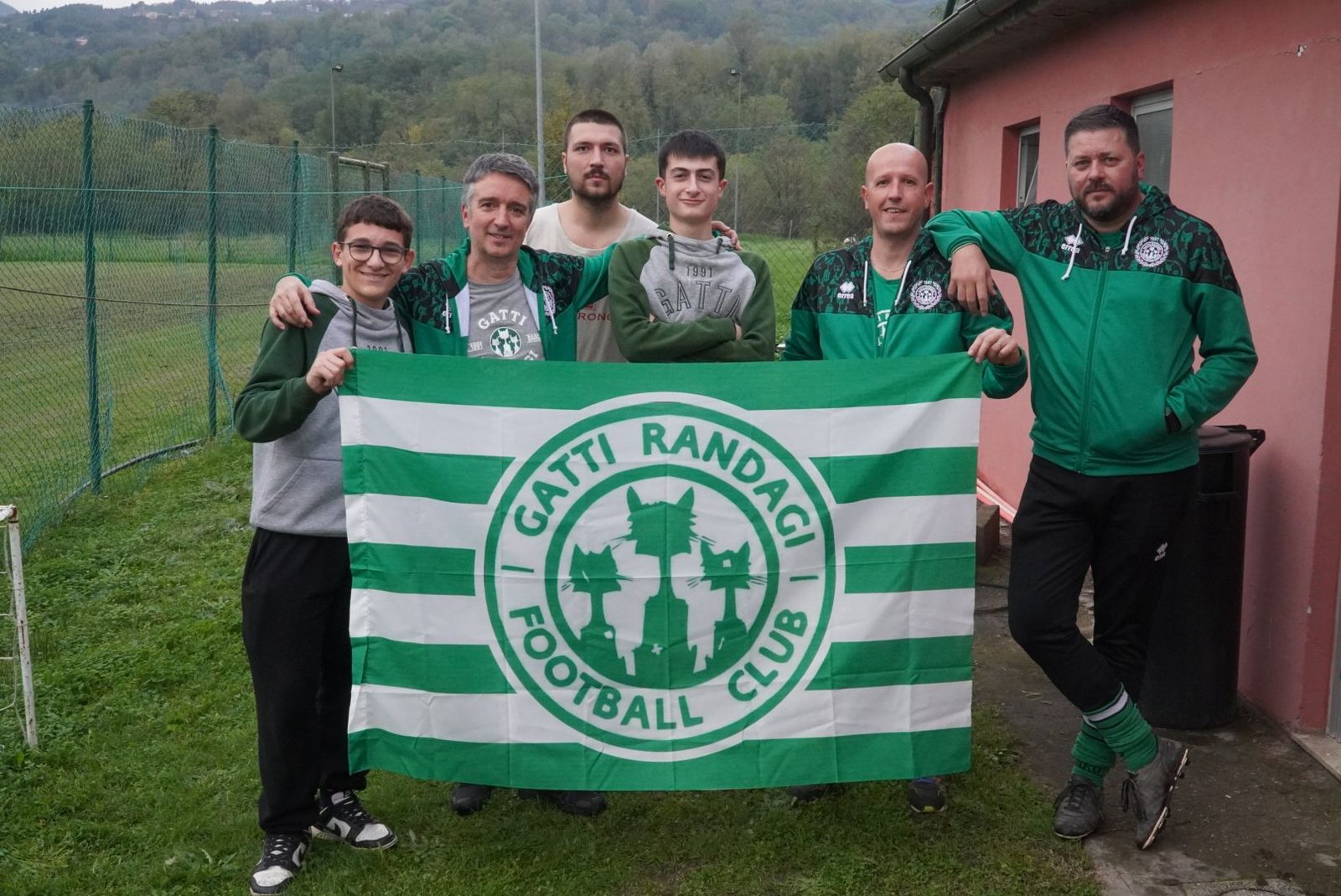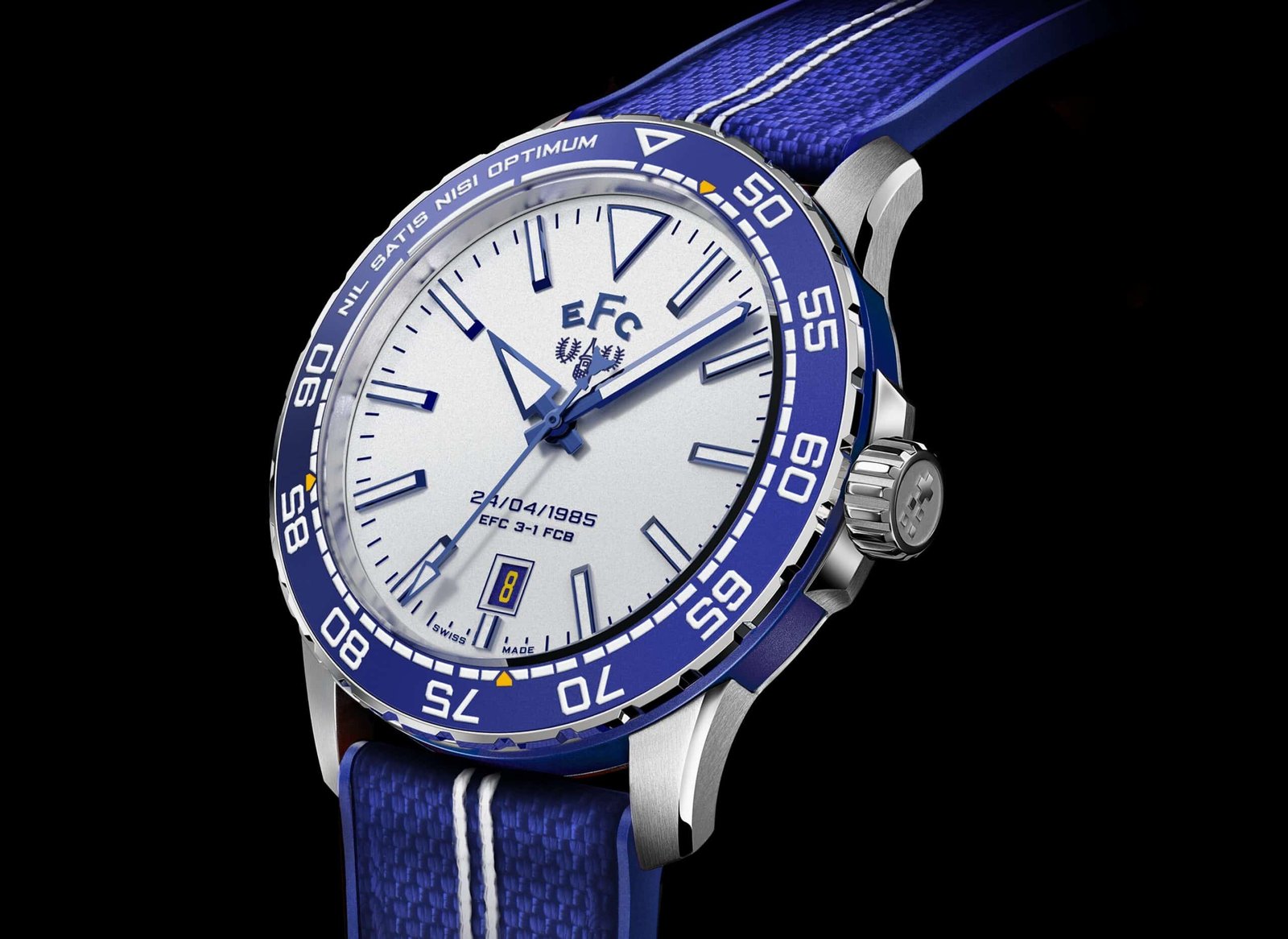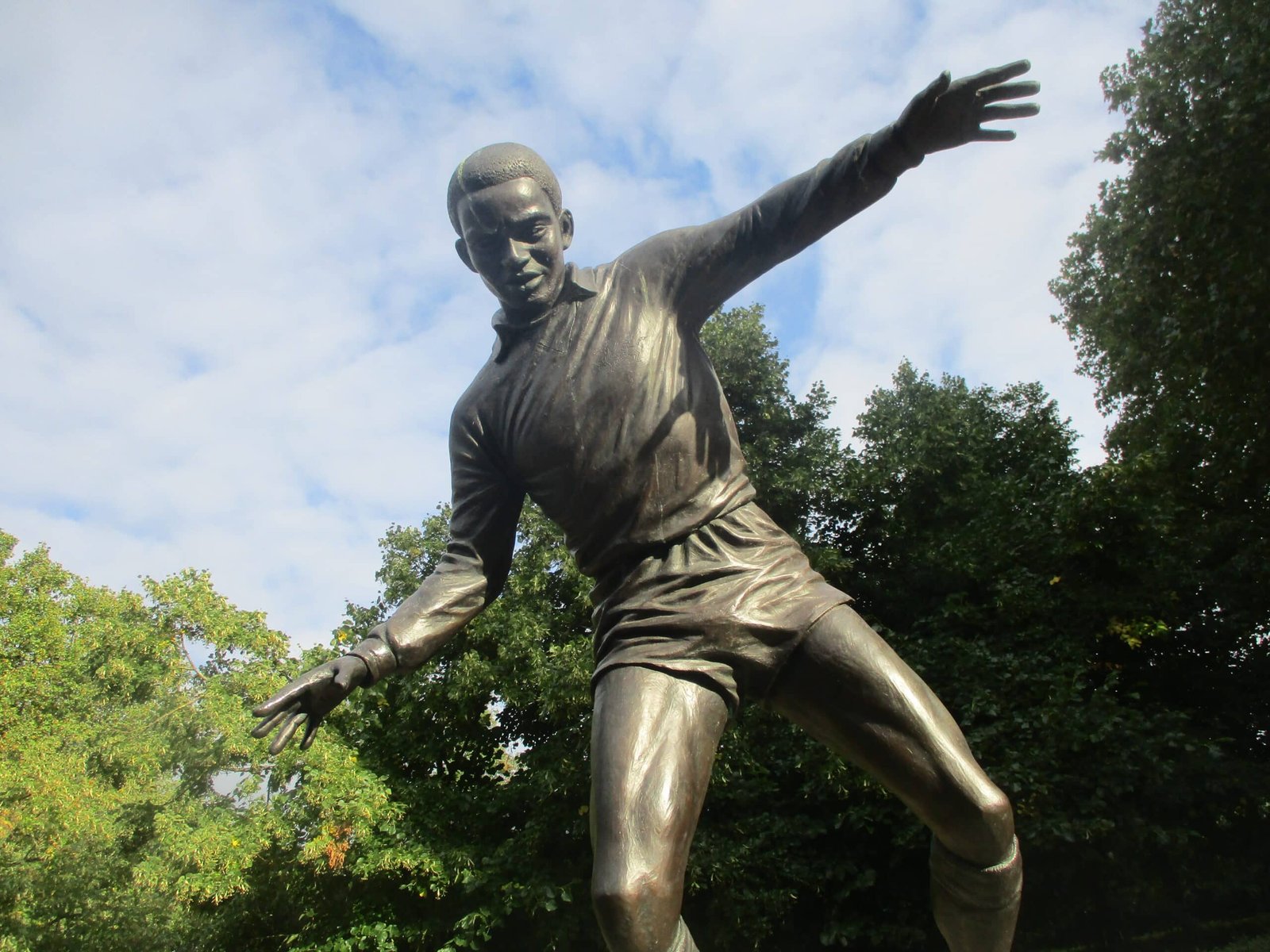Colin Young shares fond memories of Patrick Barclay, being honoured on November 18
Paddy Barclay was the finest of football writers. A legend of his trade, he could match the perfect prose of his 1,000-word match reports with his charm off the pitch.
Paddy was 77 when he died earlier this year. He is still sorely missed in press boxes, and in the few remaining drinking haunts he once patronised with his illustrious peers, the likes of Hugh McIlvanney, Brian Glanville, Joe Lovejoy and David Lacey.
On Tuesday, November 18, a memorial dinner is being held in his honour at the Fulham ground he frequented in later life as a season ticket holder. Remembering Paddy, at the club’s stunning new Riverside Stand overlooking the Thames, gives his many friends and colleagues the “chance to pay tribute to one of the very best in the world of journalism”.
When chairman of the Football Writers’ Association, among Paddy’s responsibilities was to attend the annual North East Football Writers’ awards night in Durham. He came every year – and even the following year when he wasn’t chair – because he loved it and because the owner of the hotel insisted upon it. Paddy sat at the owner’s table and held court.
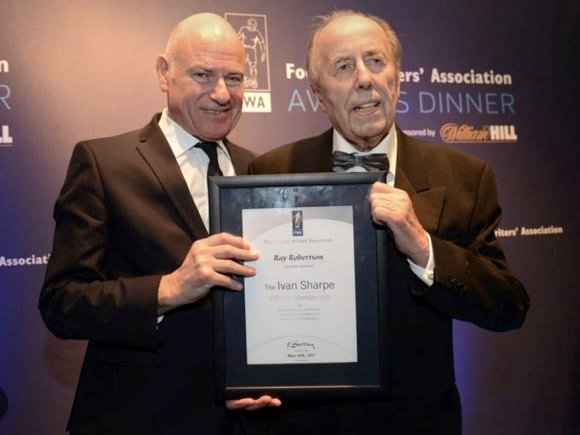
Later, and then again much later, he and I would meet in the bar. I’m sure that on each occasion I told him how, while studying at journalism college, I would pore over his reports in The Independent every morning and pretend to use them for shorthand practice. But they were an inspiration, a comfort while struggling with Pitman’s. He’d blush when I told him, quite openly, that he was my football-writing hero.
In return he’d tell of his father and his upbringing in Dundee; and seeing his beloved team lift their one and only Scottish League championship trophy. That was where his love and his passion started, and he never forgot it.
Patrick Barclay was born in London in 1947 to Patricia and Hungarian-born actor Guy Deghy. After their marriage collapsed, mother and four-year-old son moved to Dundee where they took the name Barclay and Paddy picked up his delightful Scottish accent.
Shortly after leaving High School of Dundee, he joined The Guardian in Manchester as a sub-editor, eventually becoming its northern football correspondent and number two to chief football writer, David Lacey.

He later switched to The Independent and The Observer where he honed his craft. Along with Lacey and his good friend, Joe Lovejoy, he became one of the finest exponents of football writing and story-telling the domestic game has known.
He had wit and charm, in life and in his writing, which became the envy of his colleagues. He never lost his romantic love of the game, its players, its managers and its supporters.
Paddy travelled to the 1989 European Cup Final between Milan and Steaua Bucharest, when other English papers stayed at home, and lavished his classic prose on England’s stuttering progress in the Italia 90 finals. “For a time,” he wrote, “Cameroon treated England like a chainsaw would a balsa canoe”. Two years later, he was the only British journalist to cover the African Cup of Nations in Senegal.

Soon after Paddy’s passing, by way of their own tribute, the FWA carried this paragraph about the Euro 96 tournament in England: “He was in his element,” it read, “When Scotland played England at Wembley. Scotland’s sense of superiority”, Paddy explained without any partisanship, “was rooted in the 19th century, when they beat England far more often than not.”
“That was an era in which Scots took the role filled today by the wily continentals; they administered lessons in technique, and that was why English clubs started to lure them south. They could pass and dribble. The English seemed to treat football as just another reason to crash into each other.”
Paddy’s four books each focused on a particular manager who had made a huge impact on the English game: Sir Matt Busby; José Mourinho; Sir Alex Ferguson, and Herbert Chapman. As I was attempting my own ghost-writing at the time, it was comforting to hear Paddy admit that he agonised over every word and every sentence, every paragraph and every chapter.

After retiring, Paddy felt lucky to be living within walking distance of Craven Cottage and, while his heart remained indelibly Dundee blue, he fell in love with Fulham after watching Roy Hodgson’s side come so close to lifting the Europa League.
One of the organisers of Tuesday’s event, Dan Crawford, is on the board of the Fulham Supporters’ Trust. He said: “Paddy travelled home and away to watch the Whites. He was transfixed by Tom Cairney’s terrific left foot and the fabulous football played by Marco Silva’s side. As a wonderful chairman of the Football Writers’ Association, he was passionate about attracting working-class voices into journalism. He will be sorely missed”.
Remembering Paddy, with three-course dinner, Tuesday, November 18, at the Riverside Stand, Craven Cottage, Fulham Pier, London SW6 6HH. Tickets £125, including a donation supporting the Fulham Foundation’s Kicks programme.

